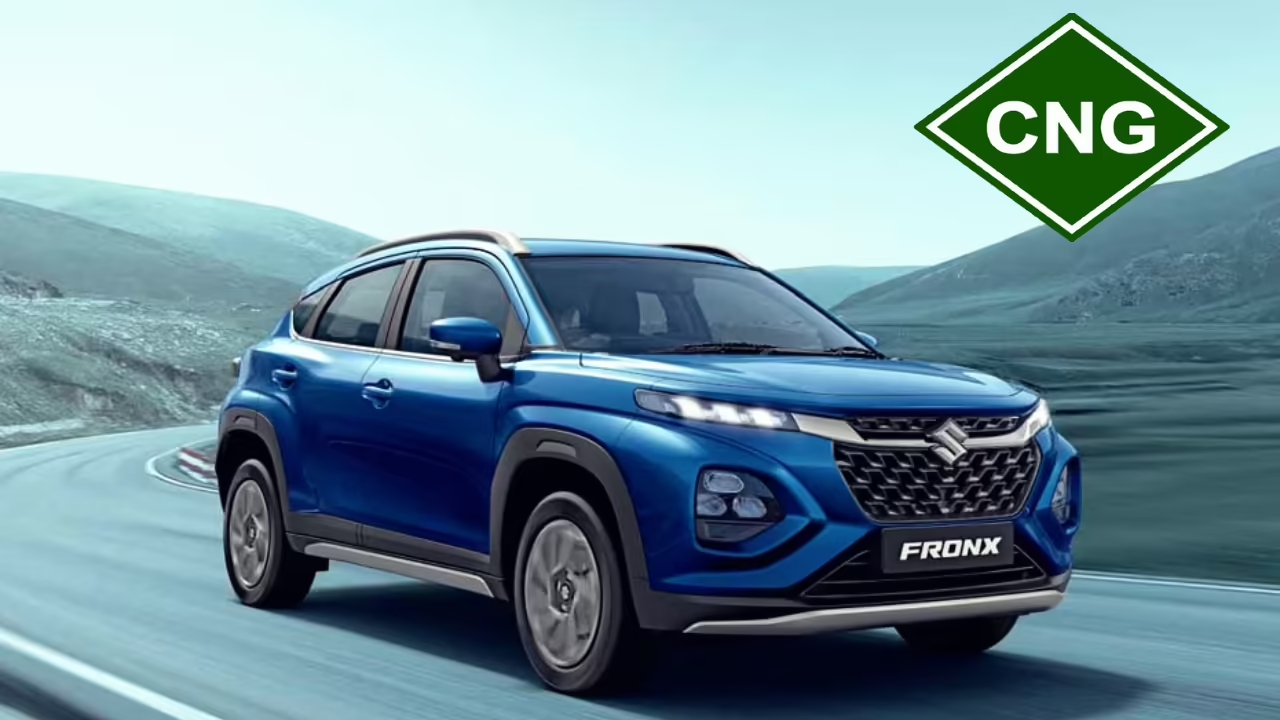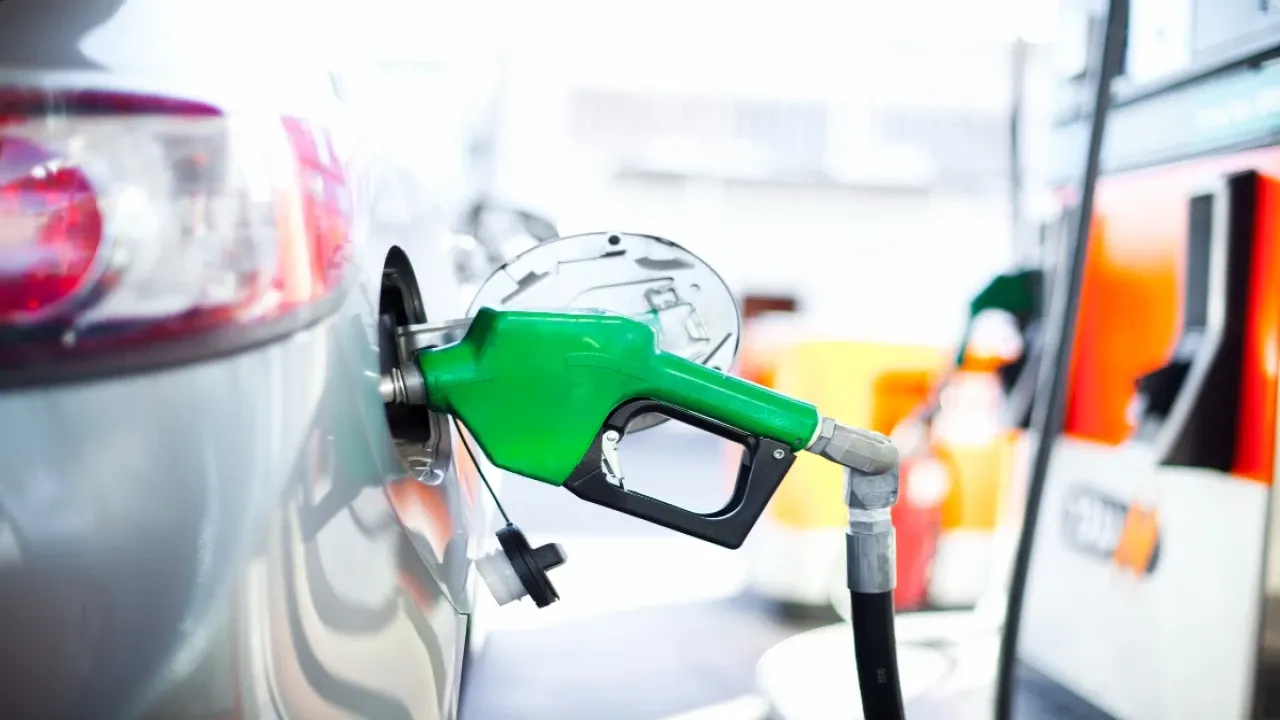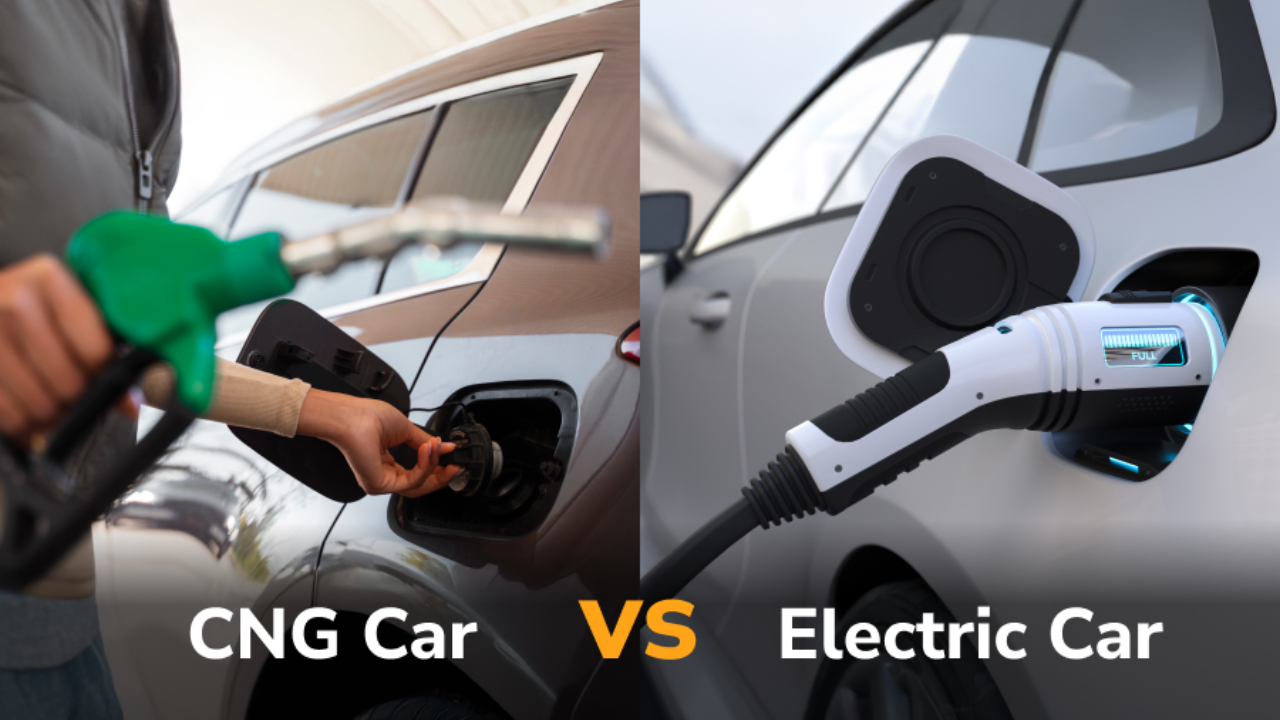Which is Better in 2025 Petrol, CNG or Electric Cars : The really electric and CNG options have thrown a lot of new spice into the old-time petrol ones, giving much confusion about an otherwise simple endeavor of buying a car, which when done really is that much complicated in 2025. Each term comes with its own big bag of advantages as per your needs, lifestyle, and geographic area. So, here is a simple comparison of petrol, CNG, and electric cars for you to be able to make a fair and sensible decision for yourself.
Of all fuel types in India, petrol is the most popular among cars as it is the most available and easy to be maintained. In rural or highway conditions, petrol would still be the safest bet. These cars boast of high performance, which makes them one of the best fuel options for people having trouble locating charging stations and petrol pumps. On the downside, petrol prices are at highs, and the running cost over time is far greater than other options.

Also Read : Tata Motors to Launch 7 New Cars by 2030 – Sierra, Avinya Series & More in the Pipeline
CNG cars prove to be a wise purchase for those users who are budget-oriented in their regular travel allowance. New CNG factory-fit, from which many manufacturers such as Maruti Suzuki and Hyundai roll out in 2025, are much fine-tuned and are safer than the old ones with retrofit kits. CNG fits city users with more or less constant commuting, especially if there is easy access to a CNG dispensing station nearby. The most significant downsides are reduced boot space because of the gas tank and limited usability over long distances since CNG stations are a rarity in many places.

With electric cars improving so much, they have become the serious option for most of the would-be buyers. Otherwise, a more respectable and realistic option like Tata Nexon EV, Punch EV, and MG Comet could be chosen for city users. The manic improvement of charging infrastructure, particularly in most of India’s major cities, is a bonus in how these two assets compare with running costs in comparison to petrol or CNG. However, initial prices are still high, and this may not work for someone who travels frequently over long distances or lives in remote areas.
